"Chapters of Opera" by Henry Edward Krehbiel, is a deep look into New York City's opera scene from the early 1800s to the early 1900s. Written by a music critic, it explores how opera grew in the city, starting with the first Italian performances and going through important events in 1908. The story shares the struggles and successes of putting on operas in the early days, like the first performance of "Il Barbiere di Siviglia" back in 1825, focusing on key people like Manuel Garcia and Lorenzo da Ponte, and covering how audiences and opera houses changed over time, setting the stage for understanding the rich opera history of New York.

Chapters of Opera Being historical and critical observations and records concerning the lyric drama in New York from its earliest days down to the present time
By Henry Edward Krehbiel
Journey through New York's vibrant past as opera blossoms from a struggling newcomer to a cultural phenomenon, shaped by passionate artists, demanding audiences, and the ever-changing city itself.
Summary
About the AuthorHenry Edward Krehbiel was an American music critic and musicologist who was the chief music critic of The New York Tribune for more than forty years. Along with his contemporaries Richard Aldrich, Henry Theophilus Finck, W.J. Henderson and James Huneker, Krehbiel is considered part of the 'Old Guard', a group of leading New York–based music critics who first established a uniquely American school of criticism. A critic with a strong bend towards empiricism, he frequently sought out first hand experiences, accounts and primary sources when writing; drawing his own conclusions rather than looking to what other writers had already written. A meliorist, Krehbiel believed that the role of criticism was largely to support music that uplifted the human spirit and intellect, and that criticism should serve not only as a means of taste making but also as a mode to educate the public. His book How to Listen to Music was widely used as an instructional guide by the music consuming public in the United States during the last years of the 19th century and first several decades of the 20th century.
Henry Edward Krehbiel was an American music critic and musicologist who was the chief music critic of The New York Tribune for more than forty years. Along with his contemporaries Richard Aldrich, Henry Theophilus Finck, W.J. Henderson and James Huneker, Krehbiel is considered part of the 'Old Guard', a group of leading New York–based music critics who first established a uniquely American school of criticism. A critic with a strong bend towards empiricism, he frequently sought out first hand experiences, accounts and primary sources when writing; drawing his own conclusions rather than looking to what other writers had already written. A meliorist, Krehbiel believed that the role of criticism was largely to support music that uplifted the human spirit and intellect, and that criticism should serve not only as a means of taste making but also as a mode to educate the public. His book How to Listen to Music was widely used as an instructional guide by the music consuming public in the United States during the last years of the 19th century and first several decades of the 20th century.

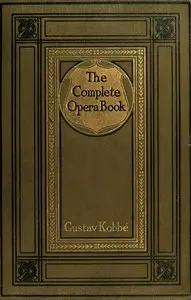
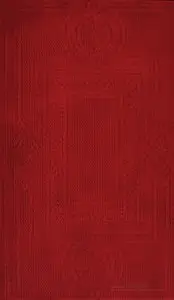


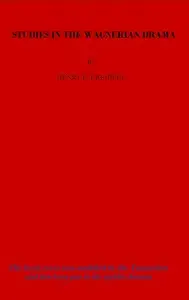
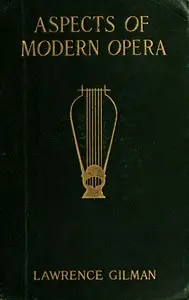

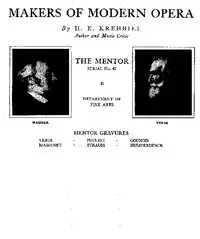
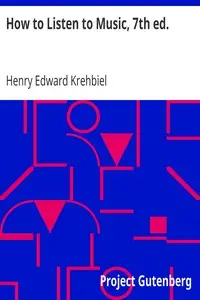

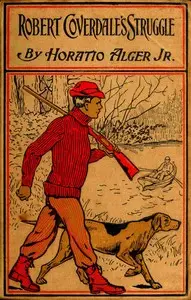

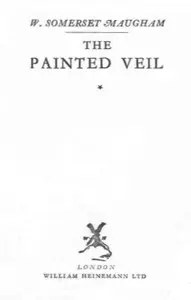
![Crying for the Light; Or, Fifty Years Ago. Vol. 1 [of 3] by J. Ewing (James Ewing) Ritchie](https://cdn.a2-host.cloud/LWGECd__tBVgPAIRwo-Fs6Pv3yH7UCsgaB_ktf4LYY8/rs:fill:215:325:0/g:ce/aHR0cHM6Ly9zcC1hc3NldHMuczMudXMtd2VzdC0wMDQuYmFja2JsYXplYjIuY29tL2Jvb2svMzY4MDgvQ3J5aW5nX2Zvcl90aGVfTGlnaHRfT3JfRmlmdHlfWWVhcnNfQWdvX1ZvbF8xX29mXzNfY292ZXIuanBn.webp)

